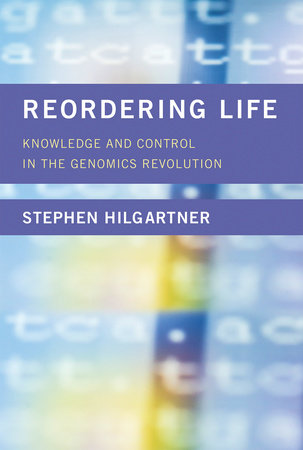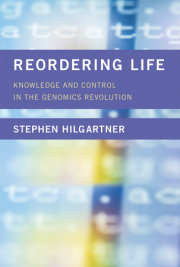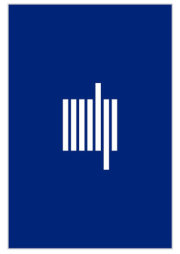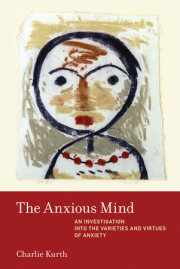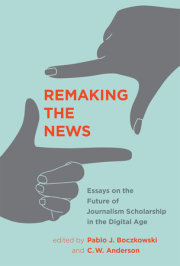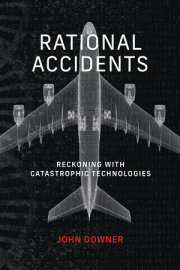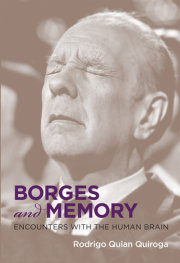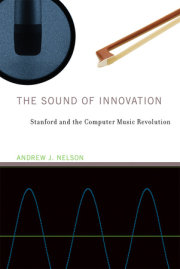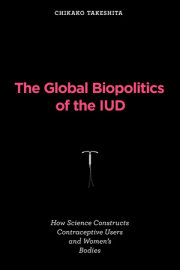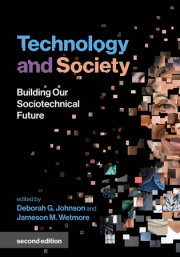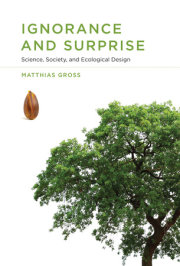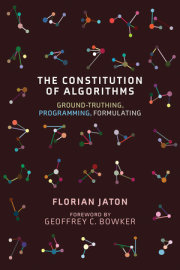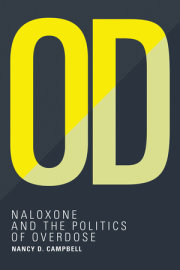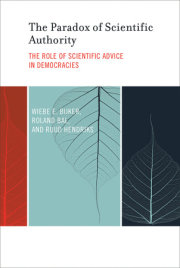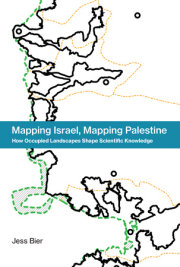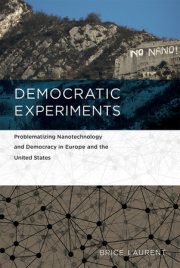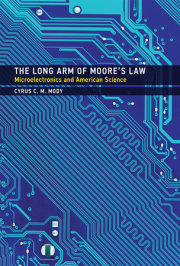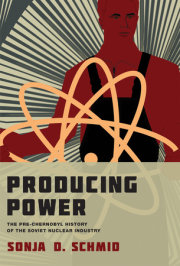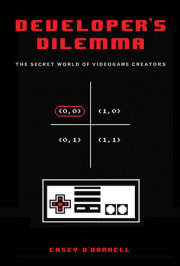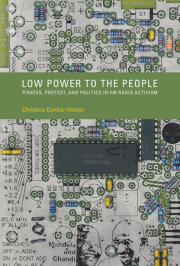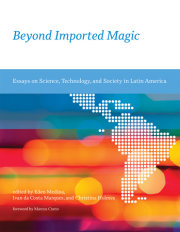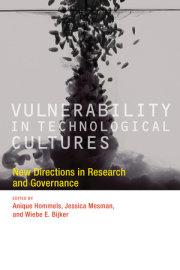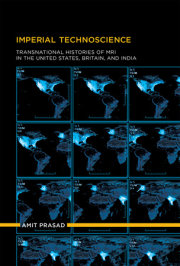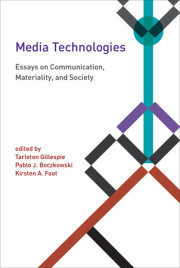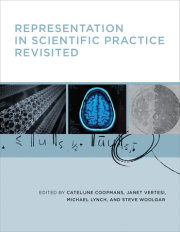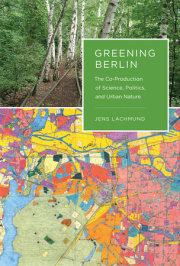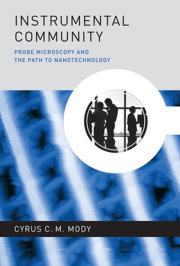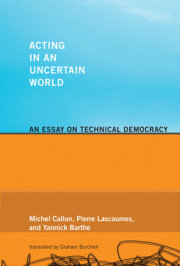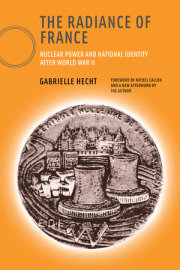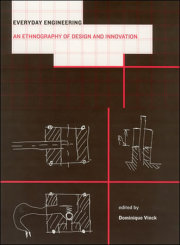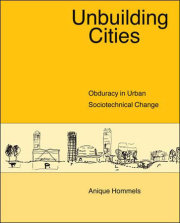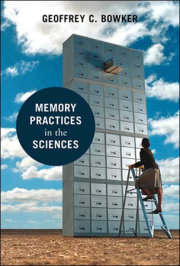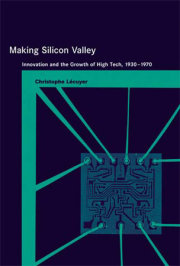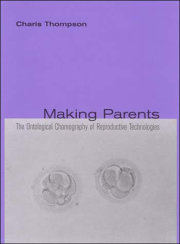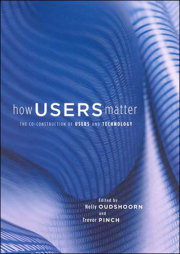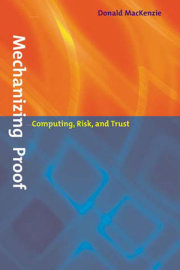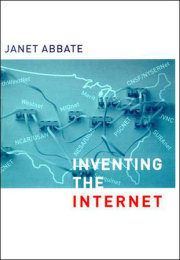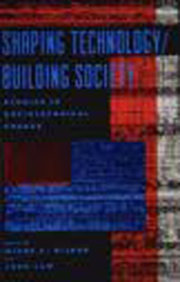Hilgartner's discussions of the regimes associated with the cDNA and ESTs break significant new ground, and present a strikingly original and compelling perspective on the HGP and its development.—
History and Philosophy of the Life Sciences—
The political metaphors that Hilgartner unspools from the claims of a genomics revolution, after due consideration of the stakes of designating scientific discoveries as revolutionary..., are both apt and provocative for thinking about the operation of biology.... Through his fieldwork, historical scholarship, and theoretical framing, Hilgartner provides a fascinating account of how a new 'sociotechnical' vanguard sought to fashion a new future for biology, and one which provides a rich set of methods for other scholars.
—
Journal of the History of Biology—
Science and technology studies scholar Stephen Hilgartner helps us understand the interactions between science and the social in his excellent book Reordering Life: Knowledge and Control in the Genomics Revolution. He rigorously and critically synthesizes 15 years of ethnographic research to produce a highly insightful account of the historical revolution of the Human Genome Project and genomic science.
—
Quarterly Review of Biology—
Reordering Life is a must-read book for historians of science and technology who study the norms, conventions, and political aims of epistemic communities. Hilgartner highlights and carefully examines many thought provoking relationships between public and private entities, scientific data and knowledge production, publication and database submission, and academic credit versus service to the scientific community. Particularly interesting is his examination of various instances of friction and resistance among actors in knowledge-control regimes.
—
Technology and Culture—
The book is exceptionally well written and readable also for those with no specific prior insights into genomics and genomic technology.... It is the concept of knowledge control regimes that renders the book relevant to even broader academic audiences. Hilgartner's theoretical framework has potential to be applied to a range of topics of burning contemporary relevance, both in the public communication of science and the study of the culture and organization of knowledge production—with big data and open access being only two cases in point. My humble guess is that most academic readers interested in the dynamics of knowledge in contemporary societies will put this book aside with a new inspiration for their own work.
—
Maximilian Fochler, University of Vienna,
Public Understanding of Science—
An excellent account of the knowledge processes surrounding the HGP, and it will be the definitive account going forward.
—
Contemporary Sociology—
The book's major conceptual contribution is Hilgartner's development of the concept of 'knowledge-control regimes', namely, law-like structures whose role is to regulate the production and use of knowledge.... Through his theoretical framework, Hilgartner invites us to disentangle the various epistemic, material or political processes involved in scientific and technological endeavours, by detailing a roadmap of elements to examine: (i) the agents – what are the agents constituted by the knowledge-control regime, and what is their role?; (ii) the control-relationships – what are the regimes and practices that allocate burdens and entitlements among agents?; (iii) accountability – what are the forms of accountability defined by the regime that hold the agents together?; and (iv) resistance and agency – what forms of resistance do the knowledge-control regime encounter, and what does it say about the type of agent involved in the regime?
—
Sociology of Health and Illness—
Reordering Life is a pioneering account of an achievement – the HGP – that has shaped the course of contemporary biomedicine. The passage of time has enabled Hilgartner to follow its development as an anthropologist and reflect on the HGP with historical distance. His conclusions are thus of interest to those looking at biomedicine from a multidimensional perspective.
—
New Genetics and Society—
Hilgartner's discussions are thorough and give a sense of the complexity of the project and the many issues that emerged as the sequences were worked out.
—
Isis—

